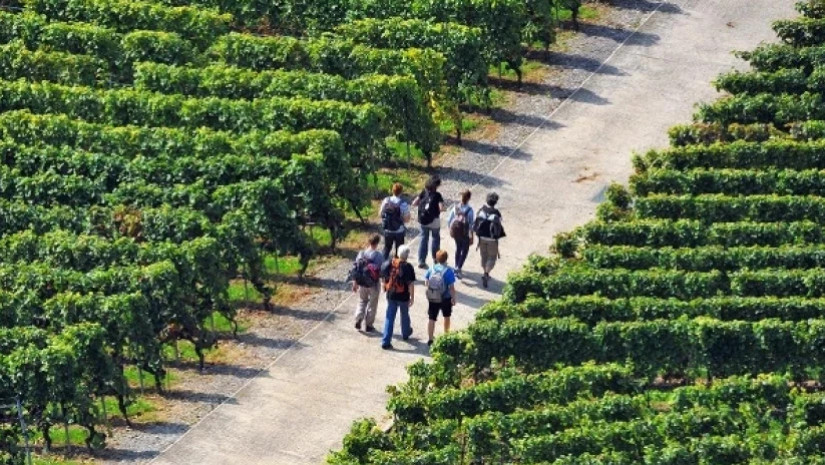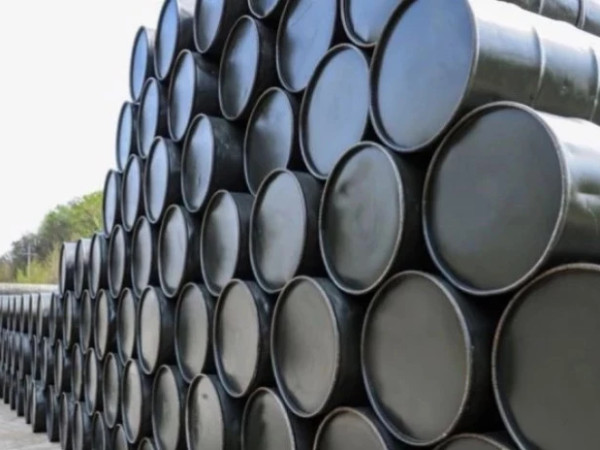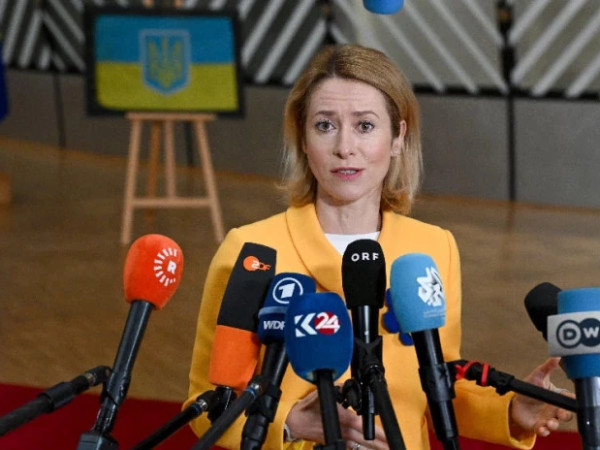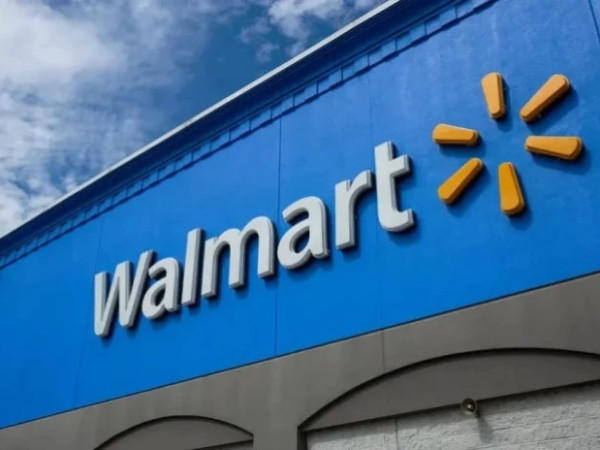The European Commission has proposed a range of measures to ensure Europe’s wine sector remains competitive, resilient, and a vital economic force in the decades to come.
With the sector facing a number of challenges such as shifting consumer trends, climate change and market uncertainties, the Commission’s proposal introduces targeted measures to help the sector manage production potential, adapt to evolving consumer preferences, and unlock new market opportunities. The measures will also help maintain the vitality of many rural areas which depend on jobs in the wine industry and preserve the EU wine sector’s social relevance.
“I am confident that our proposals will help stabilise the market and will enable the producers to seize new opportunities and respond to evolving consumer expectations,”said the Commissioner for Agriculture and Food Christophe Hansen.
Key changes to the wine policy framework include:
Surplus prevention: Member States will be empowered to take action, such as grubbing-up (removing unwanted or excess vines) and green harvesting (removing unripe grapes before harvest), to prevent surplus production, help stabilise the market and protect producers from financial strain.
Planting flexibility: Producers will be allowed additional flexibility on the replanting authorisations scheme. This will help them taking their investment decision in the current changing context. Member States will also be allowed to better calibrate the planting authorisations to their national and regional needs.
Climate support: The sector will receive stronger support to become more resilient to climate change. Member States can increase the maximum Union financial assistance up to 80% of the eligible investment costs for investments aimed at climate change mitigation and adaptation.
Clear marketing rules: Marketing of innovative products will be easier, with clearer rules and common product denominations for lower alcohol wine products across the single market.
Harmonised labelling: Operators will benefit from a more harmonised approach to wine labelling, reducing costs and simplifying trade across EU borders while providing consumers with easy access to information.
Boosted wine tourism: Producer groups managing wine protected under geographical indications will receive assistance to develop wine-related tourism, helping to boost economic development in rural areas.
Extended promotion: The duration of EU-funded promotional campaigns for market consolidation in third countries will be extended from 3 to 5 years to ensure better promotion of European wines.


















